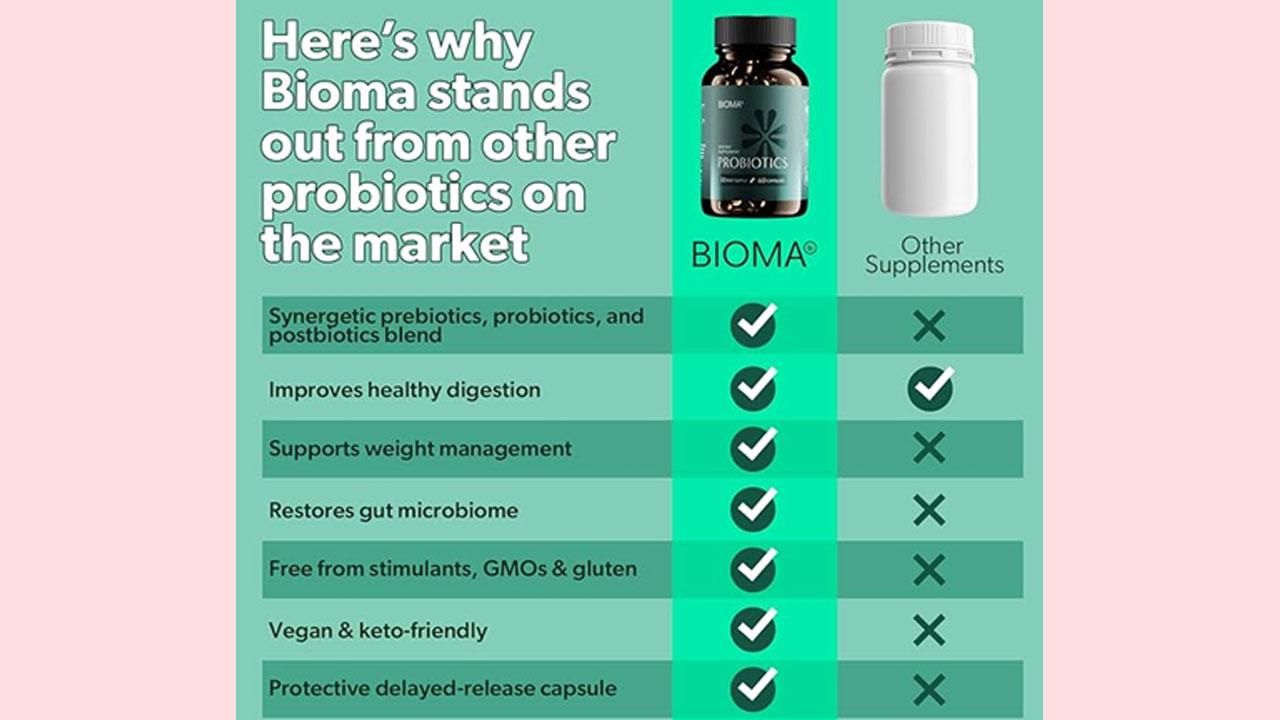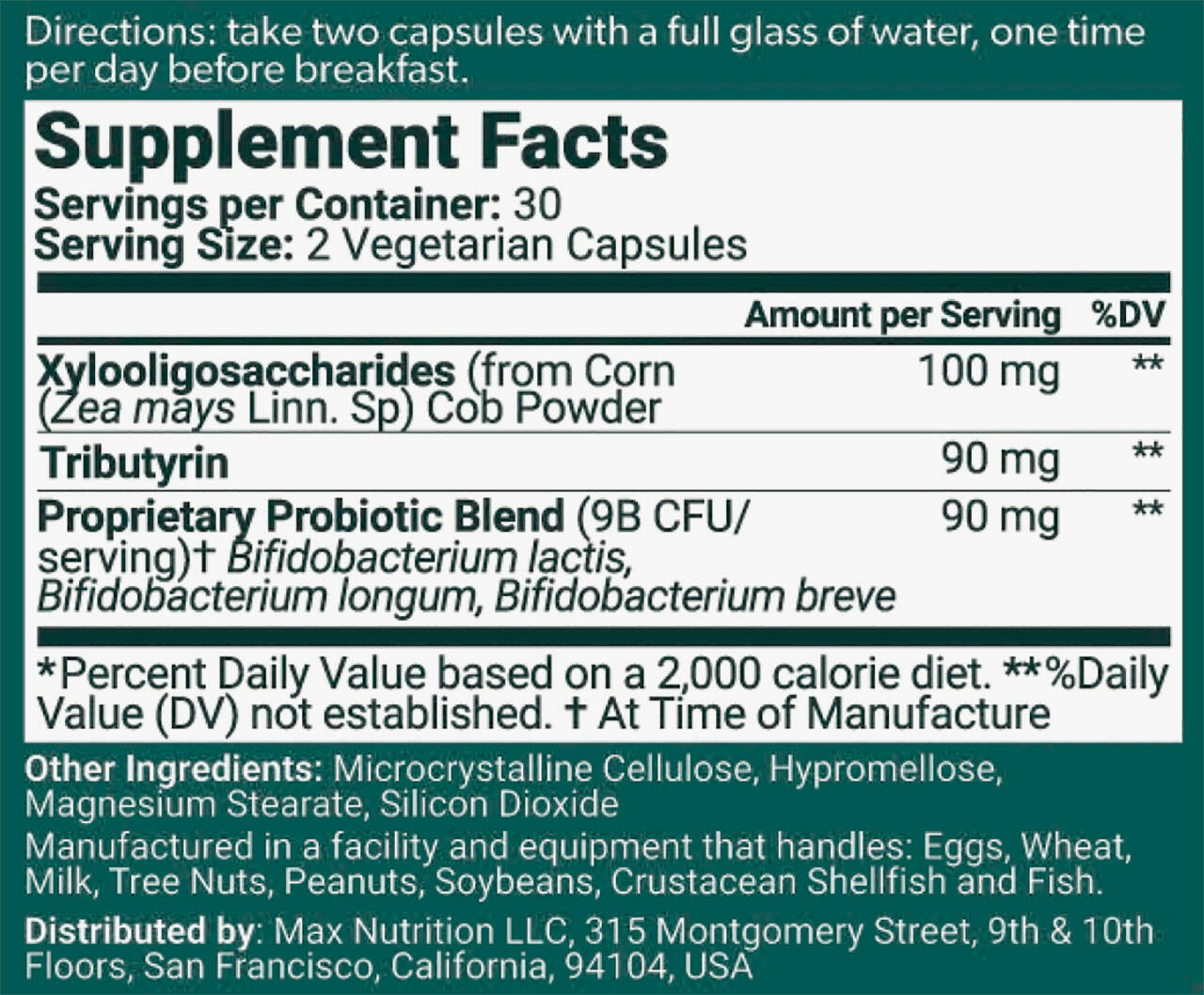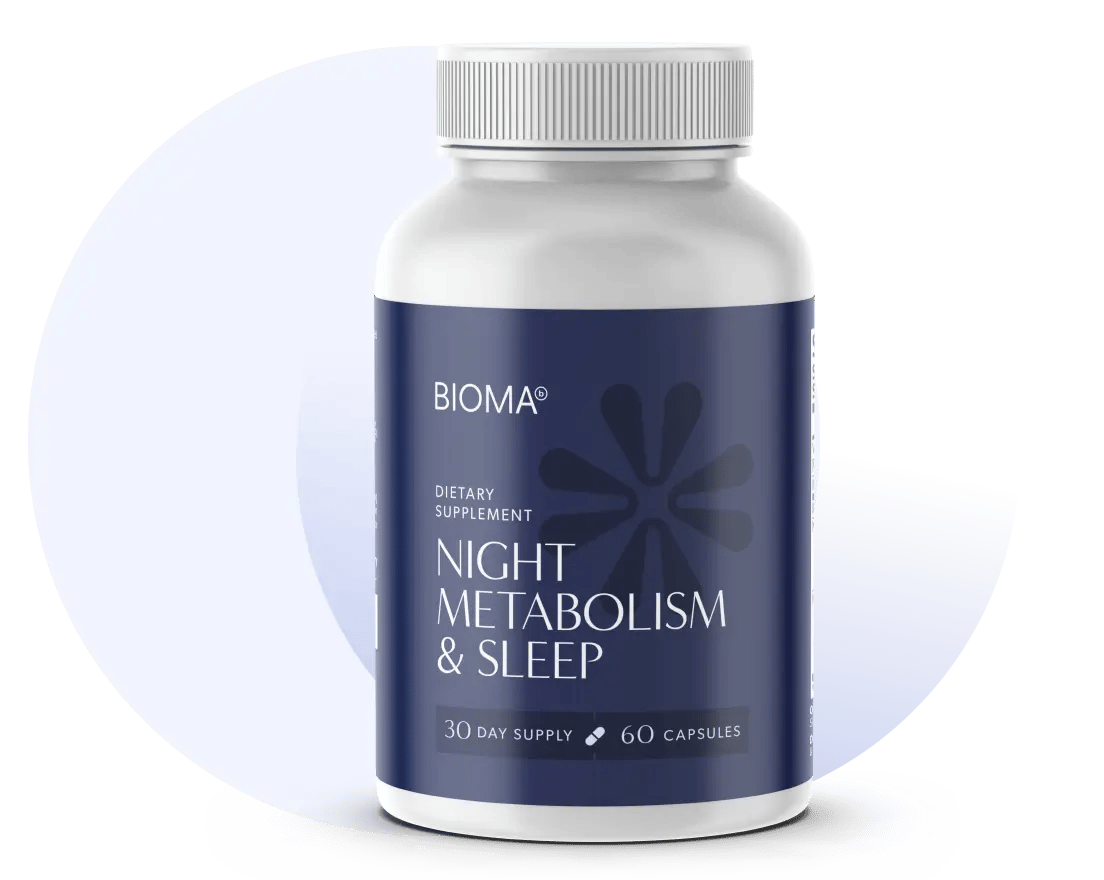Is Bioma Legit For Weight Loss

The allure of quick and easy weight loss solutions continues to fuel a multi-billion dollar industry. Bioma, a supplement claiming to promote weight loss through gut health optimization, has recently gained significant attention. But does the science behind Bioma's claims hold up, or is it just another fleeting trend?
This article will delve into the claims made by Bioma, examine the scientific evidence supporting its ingredients, and explore expert opinions to determine the legitimacy of Bioma as a weight loss aid.
What is Bioma?
Bioma is marketed as a dietary supplement designed to improve gut health, thereby leading to weight loss. The company emphasizes the role of the gut microbiome in metabolic processes. They claim that by optimizing the gut microbiome, Bioma can aid in weight management, reduce bloating, and improve overall well-being.
The supplement primarily consists of prebiotic fibers, probiotic strains, and postbiotics. These are substances that aim to nourish beneficial gut bacteria and support a balanced gut environment.
The Claims and the Science
Bioma’s weight loss claims center on the idea that a healthy gut microbiome can influence metabolism, reduce inflammation, and control appetite. A key aspect of their claim revolves around the effect of specific probiotics and prebiotics on the reduction of cravings.
Several studies have indicated a link between the gut microbiome and weight management. However, it's important to note that most of these studies are preliminary and do not establish a direct causal relationship.
For example, certain probiotic strains have been shown to influence metabolic pathways and lipid absorption in animal models. Prebiotics, like inulin and fructooligosaccharides (FOS), can promote the growth of beneficial bacteria, potentially affecting satiety and reducing calorie intake. But these effects are often subtle and highly variable.
Examining Key Ingredients
The effectiveness of Bioma largely depends on the specific ingredients and their dosages. Many of the probiotic strains included have been individually studied for their potential impact on weight management.
Lactobacillus and Bifidobacterium species are frequently cited in research related to gut health. While some studies suggest positive effects on weight reduction, others show no significant impact, indicating that results can be highly strain-specific. For example, one study published in the British Journal of Nutrition found that a particular strain of Lactobacillus rhamnosus helped women lose a modest amount of weight compared to a placebo group. The results are often modest.
The prebiotic component also plays a crucial role. Prebiotic fibers nourish beneficial gut bacteria. These include inulin, which can promote the production of short-chain fatty acids (SCFAs), such as butyrate, that can influence appetite and insulin sensitivity.
Expert Opinions and Warnings
Registered dietitians and gastroenterologists are crucial for understanding the potential benefits and limitations of Bioma. Many experts emphasize that weight loss is a complex process influenced by various factors, including diet, exercise, genetics, and lifestyle.
Dr. Emily Carter, a registered dietitian specializing in gut health, cautions against relying solely on supplements for weight loss. She believes that "While probiotics and prebiotics can support a healthy gut, they are not a magic bullet. A balanced diet rich in fiber and regular physical activity remain the cornerstones of effective weight management."
Furthermore, the Food and Drug Administration (FDA) does not regulate dietary supplements in the same rigorous way it regulates pharmaceuticals. This means that the claims made by supplement companies are not always thoroughly vetted. Consumers should research the company and look for independent testing and certifications to ensure product quality and purity.
Potential Side Effects and Risks
Although generally considered safe for most people, Bioma and other similar supplements can cause side effects. Some individuals may experience bloating, gas, or abdominal discomfort, particularly when starting supplementation.
It is essential to consult with a healthcare professional before taking any new supplement, especially for individuals with pre-existing health conditions or those taking medications. Certain probiotics may interact with antibiotics or immunosuppressants.
The Bottom Line
Bioma, like many gut health supplements, presents a promising concept but requires cautious evaluation. The scientific evidence linking gut health optimization directly to significant weight loss is still evolving. While certain ingredients in Bioma have shown potential benefits in some studies, the overall impact on weight management may be modest and highly individual.
While optimizing gut health can be beneficial for overall well-being, it shouldn't be viewed as a standalone solution for weight loss. A holistic approach that combines a balanced diet, regular exercise, and healthy lifestyle habits remains the most effective strategy for sustainable weight management.
Therefore, individuals considering Bioma should manage their expectations. They should consult with healthcare professionals, and conduct thorough research before incorporating it into their routine.

















